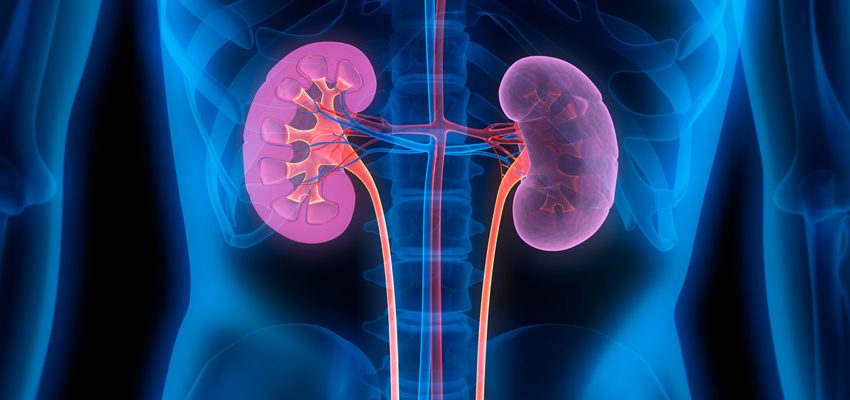Nephrology
Nephrology is the branch of medicine that focuses on the diagnosis and treatment of kidney conditions and disorders. Nephrologists are medical doctors who specialize in nephrology and are trained to manage diseases and disorders that affect the kidneys and their related systems.
The kidneys are vital organs responsible for filtering waste products and excess fluids from the blood to form urine. They also help regulate electrolyte balance, blood pressure, and red blood cell production. Conditions that affect the kidneys can lead to various health problems, including kidney failure, electrolyte imbalances, high blood pressure, and fluid retention.
Nephrologists diagnose and treat a wide range of kidney-related conditions, including:
- Chronic kidney disease (CKD)
- Acute kidney injury (AKI)
- Glomerulonephritis (inflammation of the kidney's filtering units)
- Kidney stones
- Polycystic kidney disease (a genetic disorder characterized by the growth of cysts in the kidneys)
- Hydronephrosis (a condition where the kidneys become swollen due to the buildup of urine)
- Nephrotic syndrome (a group of symptoms that indicate kidney damage)
- Hypertension (high blood pressure) related to kidney problems
- Electrolyte disorders, such as hyperkalemia (high potassium levels) or hypokalemia (low potassium levels)
Nephrologists use various diagnostic tools, including blood tests, urine tests, imaging studies (such as ultrasounds and CT scans), and kidney biopsies to evaluate kidney function and diagnose specific conditions. Treatment approaches may include medication management, dietary changes, dialysis, kidney transplantation, and management of associated health conditions like hypertension and diabetes.
Overall, nephrology is essential for maintaining kidney health and managing conditions that affect kidney function, ultimately improving patients' quality of life and reducing the risk of complications associated with kidney disease.

